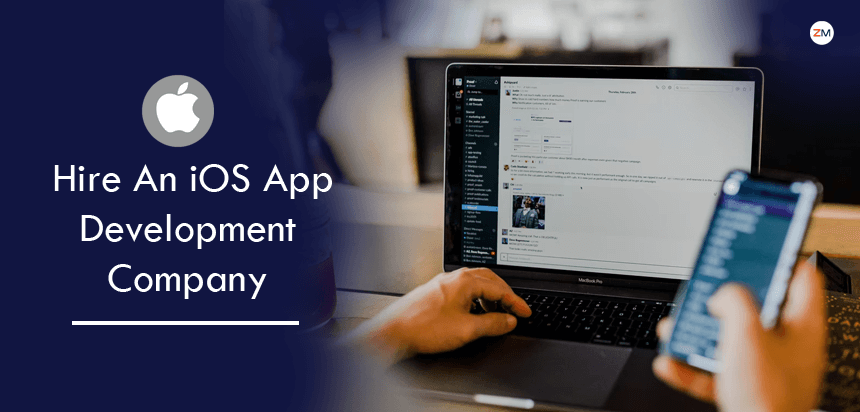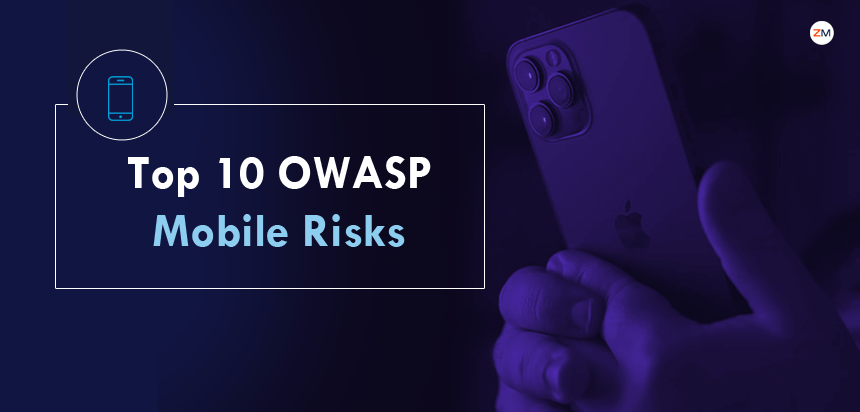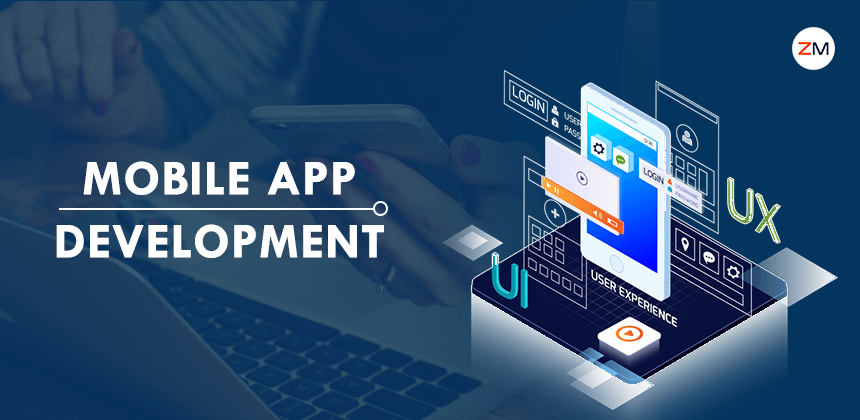Every business today needs a web presence to function. When a business aims to stand out among similar products and services and increase customer awareness, this is especially true. Having only a website sometimes fails to satisfy clients' needs and provide proper insight into business operations.
Mobile devices are becoming more popular every day. In a recent report from Mary Meeker, the KPCB reported that by the end of 2016, the amount of mobile traffic (51% overtook the amount of desktop traffic (42%). You are in a perfect position to build a custom application right now.
But that doesn't mean we're going to go into full-time developer hunt mode. Business owners cannot all afford an in-house software engineering team, and some simply do not need one.
Outsourcing your app development is the best and most priority solution instead. Throughout this article, we will thoroughly discuss the process of searching for and hiring a mobile app development company.
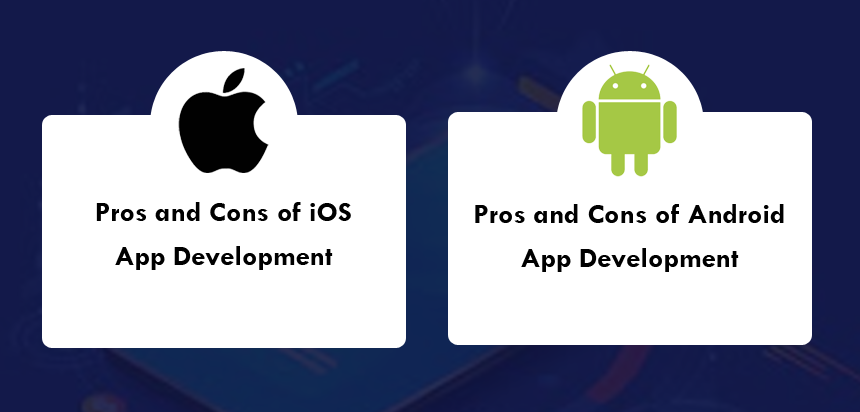 The decision has been made to submit an application. What comes next? Will it be iOS-only or Android-only? On the one hand, iOS apps generate twice as much revenue as Android apps. In contrast, Android accounts for 80.7% of the global smartphone market. Here are some pros and cons for each:
The decision has been made to submit an application. What comes next? Will it be iOS-only or Android-only? On the one hand, iOS apps generate twice as much revenue as Android apps. In contrast, Android accounts for 80.7% of the global smartphone market. Here are some pros and cons for each:
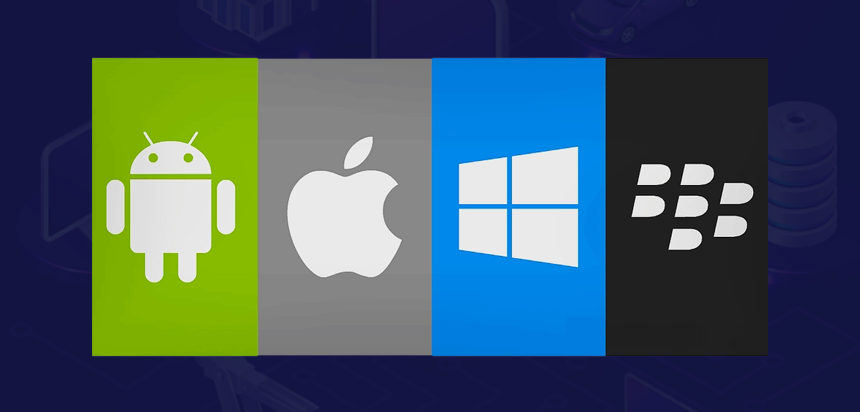
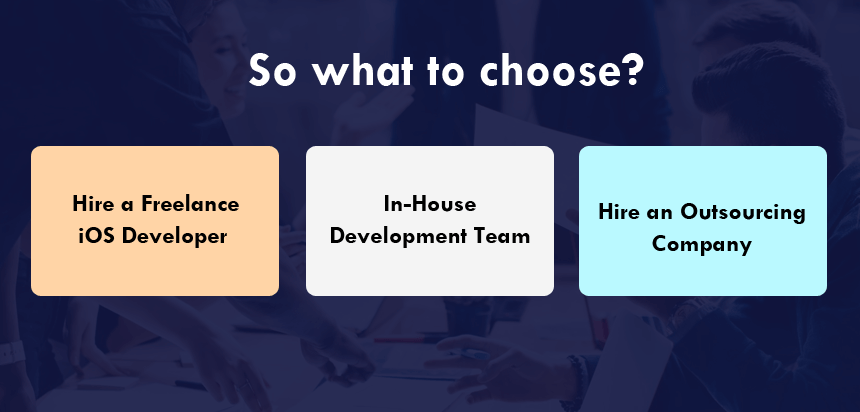
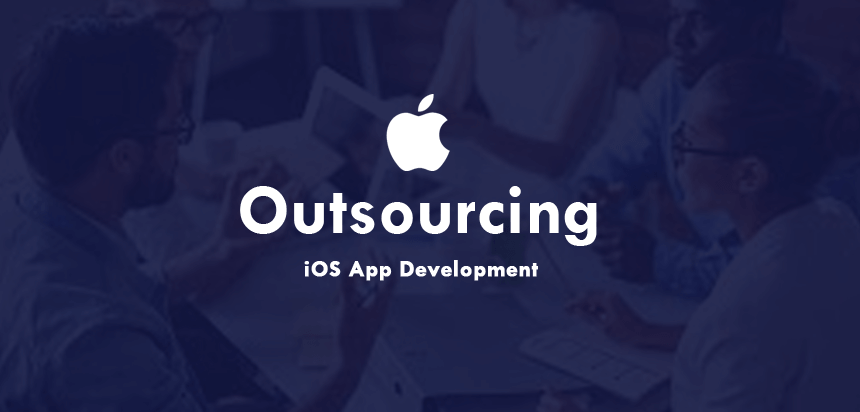
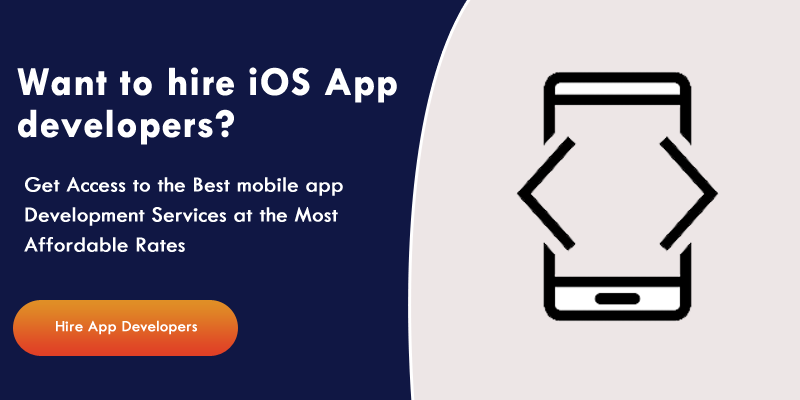
Decide on the type of Mobile Application Development you Actually Need
Take a moment to consider the kind of app you would like before going out in search of the holy mobile app developers. The decision has been made to submit an application. What comes next? Will it be iOS-only or Android-only? On the one hand, iOS apps generate twice as much revenue as Android apps. In contrast, Android accounts for 80.7% of the global smartphone market. Here are some pros and cons for each:
The decision has been made to submit an application. What comes next? Will it be iOS-only or Android-only? On the one hand, iOS apps generate twice as much revenue as Android apps. In contrast, Android accounts for 80.7% of the global smartphone market. Here are some pros and cons for each:
Pros and Cons of iOS App Development
Pros-
• Revenue from the app is high
• Users with a dedicated following
• Results in E-commerce that are excellent
• All Apple devices are compatible
• A newer, less buggy version
Pros and Cons of Android App Development
Pros-
• Increased market share
• Demographics are more diverse
• Publication is easy
• Must be compatible with a wide range of devices
• Advertising revenue is high
• There are fewer requirements for the development
• Google Play features at a low price
-
• Fragmentation
• There may be more bugs
• Must be compatible with a wide range of devices
• Taking a longer time to develop

Cross-App Development
Besides developing separate apps for each OS, you can also develop cross-platform apps. A set of tools for the development of multiplatform apps has emerged in the past few years (Rhodes, PhoneGap, Titanium, Corona). It is possible to create an app that runs on iPhone, BlackBerry, Windows, and Android, but its functionality will be pretty limited. For a simple app that connects to the web and displays information on the user's phone, such a solution would be good. When heavily relying on databases and doing a lot of calculating, it'll be a nightmare. Additionally, at the current time, there is no acceptable solution for offering cross-platform support to a graphically rich app, such as a game or video editor. Therefore, such an app is going to be able to run on two different platforms at the same time, but its functionality and design won't be the best. So, when you have decided from the above kinds of mobile app development that you wish to go for iOS development. Then, let us take you to the steps to know how to hire the best iOS development company.What Hiring Options Are There
When it comes to digital production, there is always some uncertainty about hiring options. Although outstaffing and outsourcing were not invented by technology companies, it was the growing market for digital technologies (and the technology itself) that gave the outsourcing concept a whole new level of popularity. Using outsourced iOS developers (freelancers and remote development teams) is also less expensive than hiring in-house employees. Outsourcing opens up the possibility of attracting the best iOS app developers from the global talent pool, not just the local ones. The in-house team can also be managed more easily and be more flexible. Working with them, you won't experience time-zone-related communication issues.
So what to choose?
Option #1. When to Hire a Freelance iOS Developer
If you are looking for iOS app developers for hire, check with your partners or check credible job portals (such as GitHub and Upwork). You can hire freelancers to work on your project if your in-house project manager interacts directly with the remote developer. As a result, the developer participates in meetings online while being a member of a normal team. Pros-
• Engineers with specific (rare) expertise and experience can be found
• The best iOS developer can be found in the global talent pool without regard to location
• In-house workers and outsourced teams are more expensive than freelancers, and you don't have to provide an actual workspace for them
• Freelancers are paid by the hour - if they are not needed for a while, you don't have to pay
• The HR department is not responsible for the vacation, legal documents, and working conditions of freelancers
-
• High risk of missing a deadline
• There may be misunderstandings between the in-house team and freelancers due to poor communication
• Barriers related to time zone, language, and culture
• Freelance iOS developers may or may not spend the reported time on your tasks or serve other clients
• Risks associated with projects
Option #2. When to Form an In-House Development Team?
As a part of your in-house department, you can also hire an iOS programmer. If so, you'll have to pay them full-time salaries (part-time if you have similar agreements), provide them with physical office space, track their progress, and transfer them from one project to another to raise department performance. You can use this method if you need iOS developers on a constant basis in your company. Pros-
• Developers of iOS applications have time to delve deeper into the product and become experts. They can also provide post-release support for their projects.
• Communication between employees and departments that is clear and fast
• Transfer of practical experience between Seniors and Juniors in-house
• During their working day, iOS developers work on your project exclusively
• It is easy to manage and flexible to work with the development team
-
• Even if you do not have enough work to fill your in-house employees' schedules, you must pay them a full-time salary
• Problems with hiring and retaining employees
• Additional expenses - legal services, taxes, office rental, and hardware
• While your developers are on vacation or sick leave, you should pay them as well as cover their self-improvement expenses
Option #3. When to Hire an Outsourcing Company
Outsourcing is when a company completes the entire project that you have assigned to it. One of the most common issues that could be assigned to an outsourcing company is design, tech stack, ongoing support, project management, and quality tracking. You'll work with a team of iOS developers and other specialists from the vendor's pool. Remote team members do not need to be distributed tasks, monitored for efficiency, or gathered for meetings. Rather, you submit project tech requirements to an outsourcing company, discuss your expectations and goals, set deadlines, and get an end product. Companies with a good track record can be found on Clutch and GoodFirms. Pros-
• Since outsourcing companies keep so many specialists ready to be involved in new projects, you can find a team really fast
• Each iOS developer does not need legal support - you only need to sign a contract with the development vendor
• Therefore, you don't have to deal directly with a lot of operational issues, which reduces costs
• It's easy to replace one iOS engineer with another if you don't like them, and the team can be expanded (or contracted) whenever necessary
• By reading client feedback, you can cross-check the high professional standards of the company
• In-house development takes more time than dedicated development
-
• It is likely that you will face deadline and quality issues even if you choose a credible company
• In offshore outsourcing development, communication is affected by time zones, cultures, and languages
• The project documentation and development schedule for such collaboration must be clear and comprehensive.

Factors to Consider before Outsourcing iOS App Development:
The need to find the best company:
Globally, there is a high demand for iOS apps. Several companies develop iOS apps to meet this demand. It's important to note that they have developers capable of delivering the results they are looking for. For this reason, you should hire people with domain expertise and knowledge. Finding a company that produces the results expected is a challenging task. It does not matter what type of organization you are, whether you are an SME, a startup, or a corporate enterprise. You can leverage your target customer base by onboarding the right partner. You can hire the right partner for defining your digital experience by identifying and hiring the right partner. Apple's app store: a few facts. Apple's App Store sales are expected to nearly double their current sales level over the next two years. By the end of 2025, the total will be almost 185 billion dollars. We've put together a few tips to help you hire the right Apple iOS development company. Follow these tips and you'll be on the right path for your business.Excellent and Great Technical Knowledge:
A mobile app developer's platform of choice doesn't matter when you're searching for one. To come up with the best application execution idea, the development team needs technical flair, expertise, and domain knowledge. To develop iOS applications, developers and programmers must know Swift, Objective-C, Xcode, and the Cocoa framework. Current and trending tools of development should be familiar to them. They need to love their work and be passionate about it. Your team will go above and beyond the expected results of your work when you have a great vision and are passionate about what you do. The right knowledge will guide you to achieve success and provide you with direction for your execution plan. To put your plans into action, you must first select the right technical team.Strong Reputation in the Marketplace:
The company you are looking for should have a stronghold of repetition when searching for a development partner for your project. Can you describe the current profile of the company? Where does the company come from? What are its origins? If you are looking for a desirable development partner, you need to find the answers to these questions. By doing so, you will be able to put your ideas into practice and bring them to life. Before you make a decision, you should consider these questions. Get the answers to the following questions before you invest in an App development company to determine if they are popular and credible.The Company's Location and Market Presence
A company's vital information is important for you to know. In addition, the information will provide you with a clear picture of the company's overall reputation. In addition, you should check their ratings and reviews across a wide range of websites. By doing so, you can determine whether the company has the ability to execute your app development idea. This clarifies what the development company is about and provides you with a clear perspective.They have a Dedicated Specialized Team for iOS App Development:
There is a cost difference between developing and certifying iOS apps and those for Android. There is a significant difference between the overall cost and the cost of developing an Android app. This holds true even if you are hiring a reputed developer. You should ask a prospective iOS app development company if they have a team dedicated to iOS app development. In other words, you need to find a company that can focus only on the development process. It's better to look for a dedicated team in order to ensure that your development project is handled seamlessly. They will not be distracted by other development tasks. Additionally, choose a team whose focus is entirely on your project. The quality of the overall outcome may greatly decrease if the project is constantly switched between, causing the overall outcome to suffer. Checking and analyzing the work portfolio that the company or team has handled in the past is one way to do this. Having the chance to interview your development and programming team personally and physically would be great. In addition, you should make sure that your team has assigned and dedicated managers, designers, testers, and quality assurance personnel. The result will be quality deliverables within a short timeframe. Your project will be completed on time.Agile Development Process:
Many app developers follow the agile methodology in order to obtain complete client satisfaction. Since this is a customer-centric approach, the multiple and changing requirements for clients who need their projects developed on time can be accommodated using this approach. As the needs and requirements of the project change frequently, this methodology allows for frequent changes to client requirements. In addition, changes can be made even when the product development process has already begun or is in its final stages. Every day, there are sprints and status updates to keep up with the progress of the project execution in real-time. Thus, you will be able to prevent any communication or information gaps from developing. By doing so, you will ensure the successful execution of your project development strategy.Development Quotes are provided in Advance:
Outsourcing iOS application development has another factor to consider. Developing an iOS app requires this step before it can be released. The appropriate parties must be made aware of all the details of the iOS app development before signing the contract or executing the project. Several companies now provide free quotes on iOS app development. A cost calculator is included so you can get a good idea of the total cost that you will have all the way from the start to the finish of the project. There are many cost calculators that are reliable and provide an assessment and breakdown of the costs you will be responsible for when the project is executed.Use of the Correct and Right Tools:
Apps can be developed using a variety of tools and frameworks. There are two programming languages that are primarily used for the development of iOS apps. A good app development company should use the latest tools and technologies. These are Swift and Objective C. As well as knowledge of these tools, they should also know how to use them. It is also important to stay up-to-date on the latest technological developments. Development partners should also stay up-to-date on these developments. It is important to have the right knowledge when choosing the right tool for your project because using the wrong tool can hurt your project's execution. You should also keep them in mind when deciding on the right tool.Summary
You should research current app development trends and technologies. If we consider continuous updates and app support, the working relationship with a development firm is more likely to last longer than six months. Choose the Mobile App Development Company with an established track record of building successful applications that covers all aspects of the project. Getting to know the team and your managers is essential. Don't settle for less because it's your business. Our team at Zestminds has extensive experience with iOS-specific technologies, functionalities, and integrations. You can rely on Zestminds to build best-in-class iOS apps regardless of the type of data you need to store in the Cloud, how you need to communicate with connected home devices, how you need to accept Apple Pay, etc. Contact us at contact@zestminds.com

Shivam Sharma
About the Author
With over 13 years of experience in software development, I am the Founder, Director, and CTO of Zestminds, an IT agency specializing in custom software solutions, AI innovation, and digital transformation. I lead a team of skilled engineers, helping businesses streamline processes, optimize performance, and achieve growth through scalable web and mobile applications, AI integration, and automation.
Stay Ahead with Expert Insights & Trends
Explore industry trends, expert analysis, and actionable strategies to drive success in AI, software development, and digital transformation.
